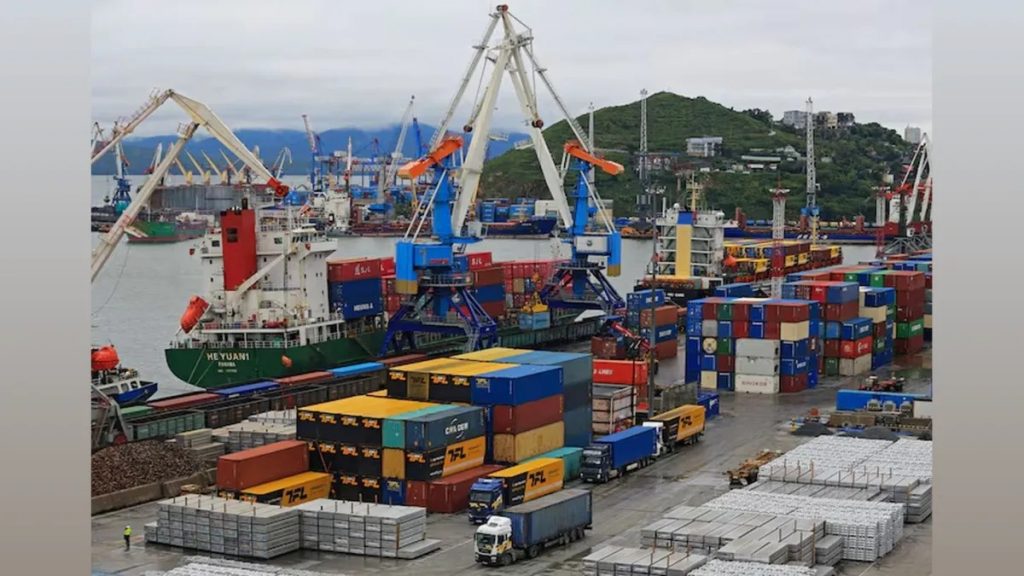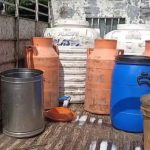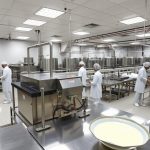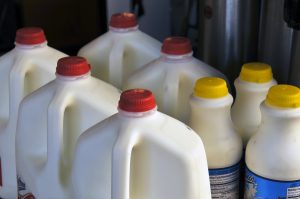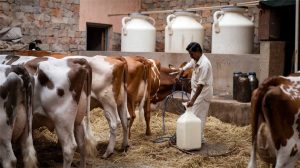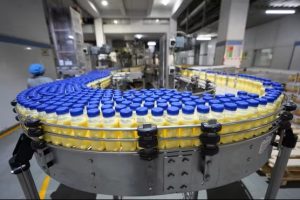
A proposed trade pact could redefine India’s role in the global agribusiness sector, but key sectors like dairy face intense scrutiny.
A high-stakes trade negotiation is underway that could reshape the global agribusiness landscape. The article from The Indian Express advocates for a free trade agreement (FTA) between India and the European Union, arguing that a pact would be crucial for India to better integrate into global supply chains. This proposed deal, which is being pushed by both Indian and EU leaders, represents a significant strategic pivot, moving India towards deeper economic ties with Western economies and creating a new pathway for international commerce.
While progress has been made on many fronts, with negotiations on 11 of 27 chapters already concluded, several contentious areas remain. The article specifically highlights agriculture and dairy as key sticking points. This tension underscores the complex nature of dairy economics, where trade agreements must balance the need for open markets with the protection of local industries. The negotiations are a critical test of how both sides will manage these competing interests to forge a mutually beneficial deal.
The report also touches on another major point of contention: the EU’s Carbon Border Adjustment Mechanism (CBAM), which is set to impact sectors like steel and cement starting in 2026. India is reportedly seeking concessions on this mechanism, similar to those given to the US. This issue is a clear example of how environmental policy and trade are becoming increasingly intertwined. For the international food supply chain, it demonstrates that future trade pacts will be influenced not just by tariffs, but by a new generation of sustainability-focused regulations.
The editorial outlines the significant economic benefits already present in the relationship, including $137.41 billion in goods trade and $51.45 billion in services trade in 2023-24. It also notes substantial foreign direct investment from the EU. The article suggests that a comprehensive pact would further unlock this potential, making India an even more attractive destination for foreign capital and strengthening its position in the global economy. This is a crucial piece of data journalism for anyone invested in the future of agribusiness.
Ultimately, the article’s core message is that India must actively pursue greater integration into global supply chains. It suggests that while the EU pact is a major priority, India should also look to join other agreements, such as the Comprehensive and Progressive Agreement for Trans-Pacific Partnership. This forward-looking approach shows a commitment to using strategic trade policy to modernize the nation’s food supply chain and secure its place as a key player in the international agribusiness sector.
Source: The Indian Express, “India should conclude pact with EU, seek greater integration in global supply chains”
You can now read the most important #news on #eDairyNews #Whatsapp channels!!!
🇮🇳 eDairy News ÍNDIA: https://whatsapp.com/channel/0029VaPidCcGpLHImBQk6x1F
